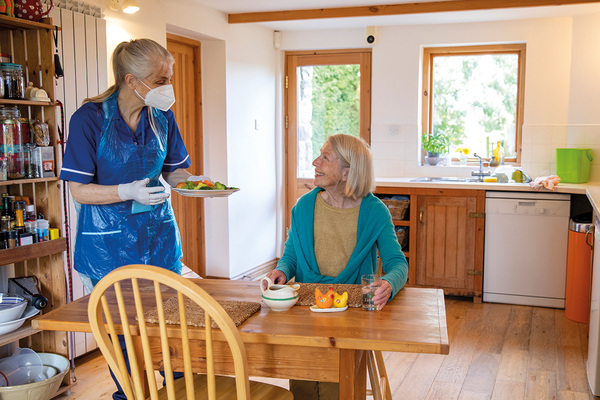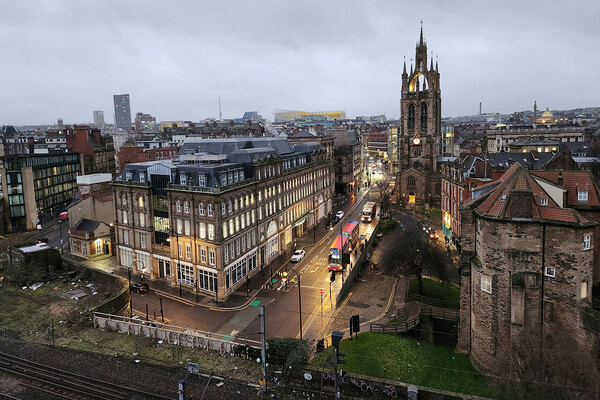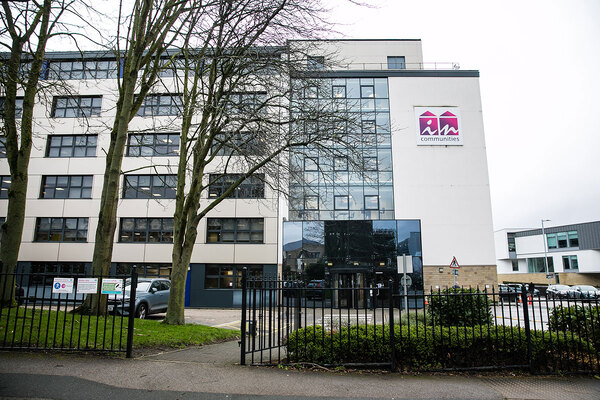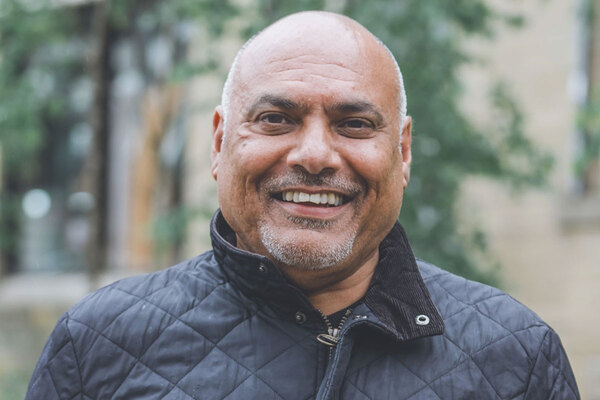You are viewing 1 of your 1 free articles
MPs launch inquiry into exempt accommodation
The Levelling-Up, Housing and Communities (LUCH) Committee is set to investigate exempt accommodation following reports of “unscrupulous landlords failing to provide the support and care that vulnerable tenants need”.

Starting early next year, the inquiry will seek to answer a number of questions about exempt accommodation (see full terms of reference below), including whether the current model is financially viable and how regulatory oversight of the sub-sector should be organised.
Exempt accommodation is a type of supported housing used to house a range of people with support needs, such as people who are homeless, domestic abuse survivors, prison leavers and those recovering from alcohol and drug addiction.
This type of accommodation is exempt from the usual rules that limit the amount of housing benefit an individual can receive in recognition of the increased cost of providing supported housing.
However, housing professionals and councils have warned that the current system is open to abuse and allows some unscrupulous landlords to receive large amounts of housing benefit while providing little or no support.
The sector has come under increased scrutiny over the past year and the Regulator of Social Housing has issued non-compliant regulatory judgements or notices against 13 providers.
This includes Prospect Housing, which has been forced to close down after a new management team determined that the business would be unable to provide the level of support expected by the regulator while remaining financially viable.
A recent report by Prospect estimated that £816m has been spent by the government via housing benefit on exempt accommodation in the past financial year alone.
Meanwhile, a report by homelessness charity Crisis found that more than 150,000 households are currently living in this type of accommodation – an increase of 62% from 2016. Crisis’ chief executive Jon Sparkes branded the sector “dangerously under-regulated”.
Exempt accommodation has become a particular problem in Birmingham. By July this year the regulator had issued a non-compliant rating against three of the seven largest exempt providers in the city, with three more providers currently under review.
Clive Betts, chair of the LUHC Committee, said: “When provided at a decent standard and with proper support, exempt accommodation can be a lifeline for extremely vulnerable people and a vital piece of the social housing landscape. But, in the hands of neglectful landlords, pocketing taxpayer money to provide this housing, this accommodation can fall woefully short of the support that’s needed.
“It has also been especially concerning to hear about this problem from political leaders in the West Midlands, and from reports in the local and national media.
“In this inquiry we will aim to find out how exempt accommodation should best be provided and regulated, and how regulation should be enforced. We will also examine why there may be regional disparities in the quality of exempt accommodation.”
The LUHC Committee has issued a call for evidence ahead of a series of public evidence hearings that will begin in early 2022.
Councillor Sharon Thompson chair of the WMCA Homelessness Taskforce Members Advisory Group, said: “Exempt Accommodation is an issue that has grown exponentially over recent years in Birmingham with growing concerns across the region. I am incredibly grateful to Clive Betts for meeting with me to discuss the need for the inquiry.
“Here in Birmingham we have taken action to protect the vulnerable people who live in Exempt Accommodation, whilst also working to crack down on the scandal of rogue landlords and limit the impact that the sector has on local communities.
"However, we need government to strengthen the legislation in the sector and I hope that a select committee inquiry can help to bring about the changes that we need to see."
Exempt accommodation – inquiry terms of reference
The inquiry seeks to answer the following questions:
- What is the quality of exempt housing provision?
- Is the current model of exempt accommodation financially viable, and does it represent value for money?
- Are there significant geographical and regional differences in the provision and the problems of exempt accommodation?
- What is the proportion of exempt accommodation that is provided by registered compared to non-registered providers, and is an appropriate balance being struck?
- What is the proportion of exempt accommodation provided by commissioned compared to non-commissioned providers, and is an appropriate balance being struck?
- How does whether a provider is registered or non-registered, or commissioned or non-commissioned, impact the quality of provision?
- How should exempt accommodation be provided and what should the service cost?
- How should the regulatory oversight of exempt accommodation be organised?
- What should be the regulations governing exempt accommodation and how should those regulations be enforced?
- Is there sufficient publicly available information about exempt accommodation?
Sign up for our care and support bulletin
Already have an account? Click here to manage your newsletters












